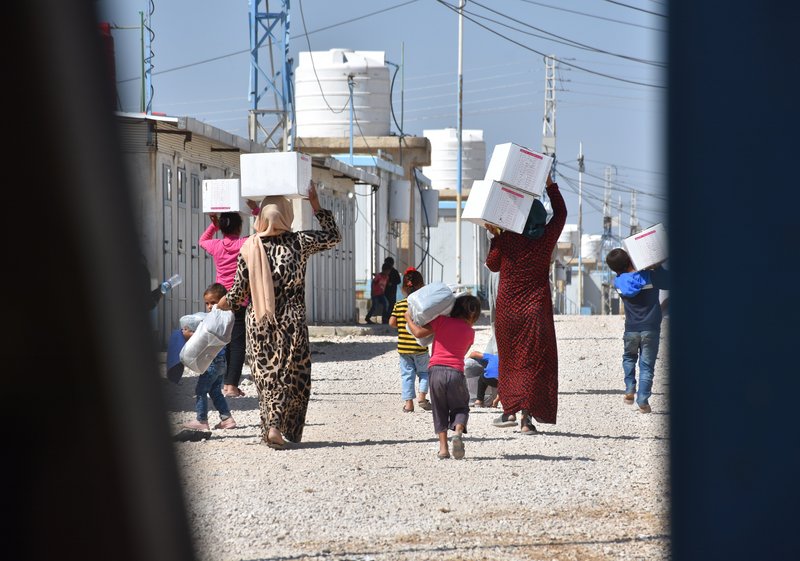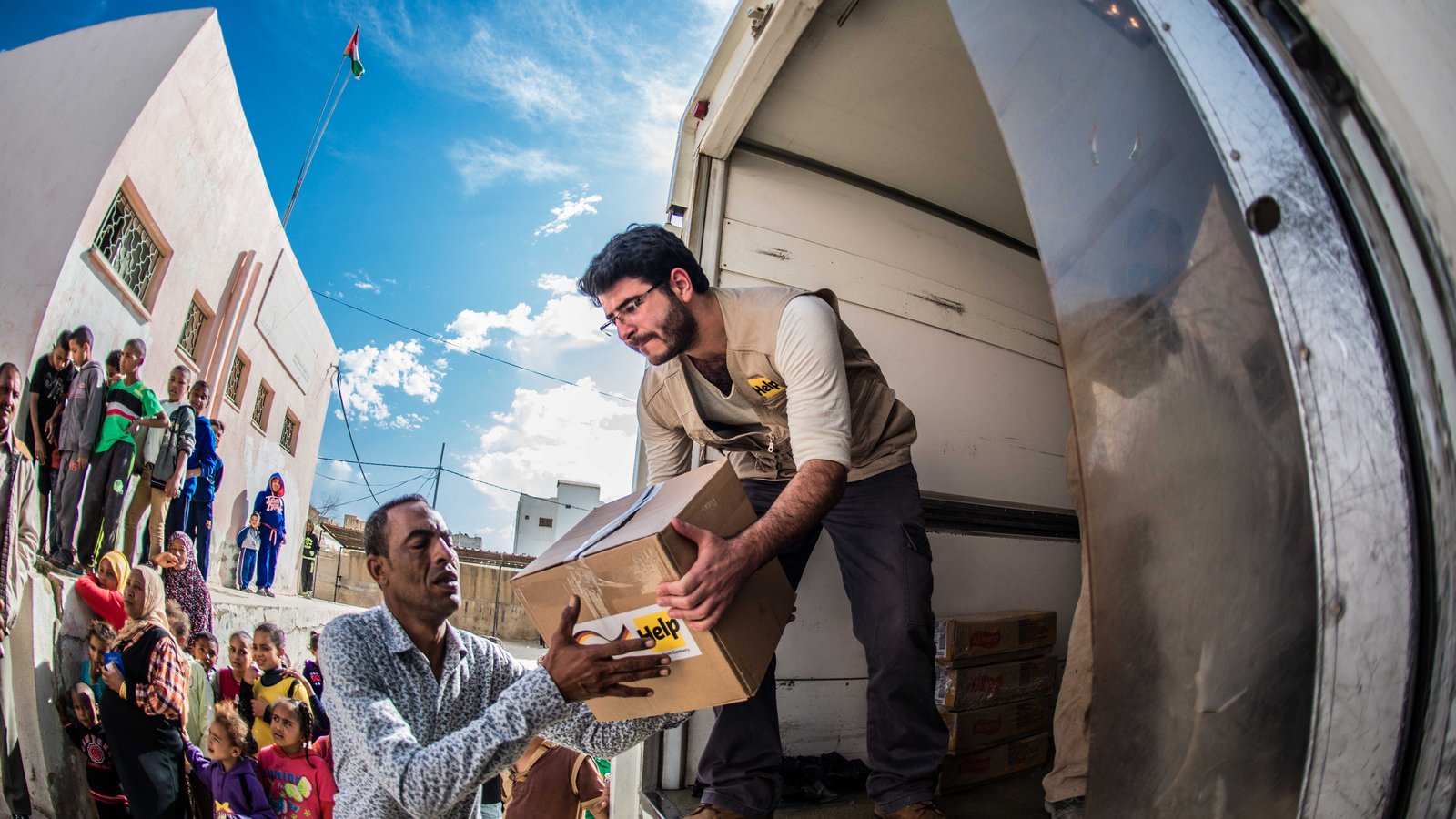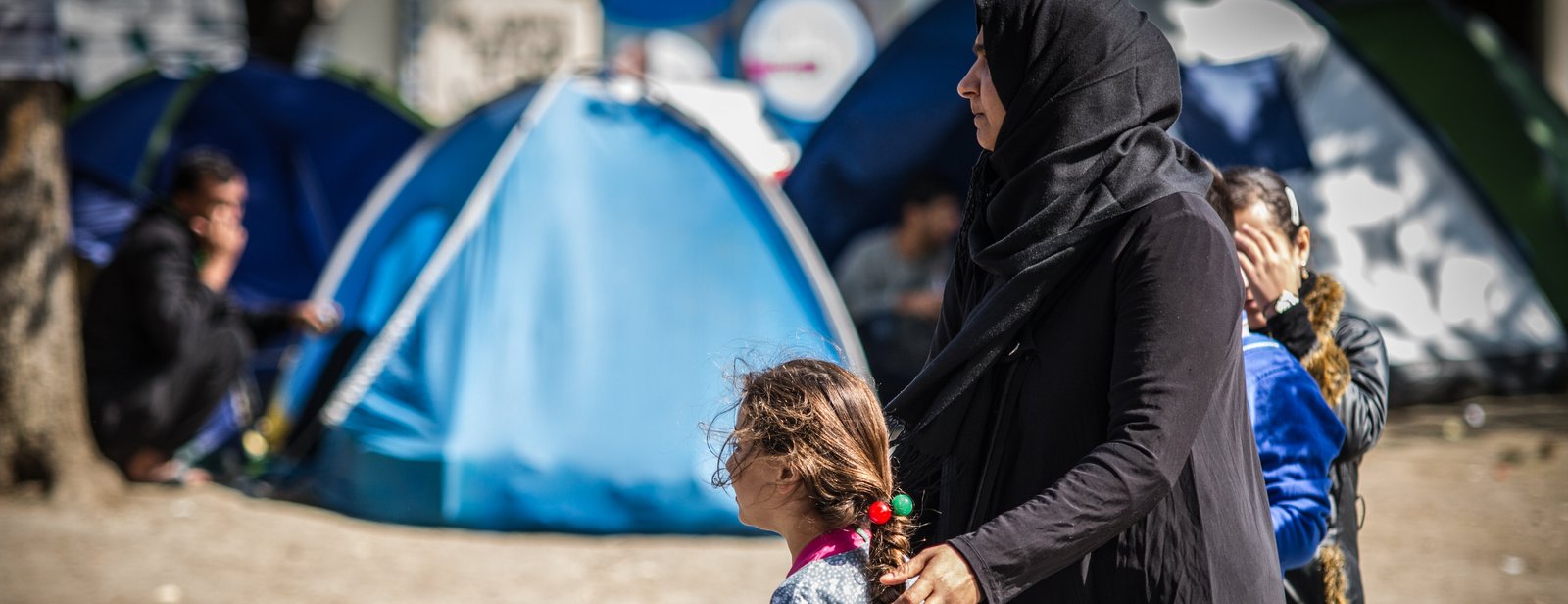Donate for Gaza
![[Translate to English:] [Translate to English:]](/fileadmin/_processed_/5/5/csm_Nahost-Konflikt-Gaza_2024_Copyright_picture_alliance-Xinhua-News-Agency-Dawood_leicht_aufgehellt_d135a37559.jpg)
Impending famine in the Gaza Strip
The humanitarian emergency in the Middle East is getting worse by the day. In the Gaza Strip, over 2 million people are currently helplessly exposed to the fighting, including many children.
Help is supporting emergency aid measures for families in Gaza: together with local partners, we are providing people with hot meals, medical aid and psychosocial support. We are urgently asking for donations:
Humanitarian situation worsens
Since the escalation of the Middle East conflict at the beginning of October, humanitarian needs in the region have been increasing rapidly. In the Gaza Strip in particular, the need is omnipresent. Several thousand people have lost their lives there since October 7, including countless children. Many families have lost their homes and are seeking shelter in the rubble of their houses.
The supply situation in Gaza is dramatic. There is a lack of drinking water, food, medical care, electricity, shelter and, above all, security. Many people do not know whether they will live to see the next day.
Hunger is also growing rapidly. In the north of the Gaza Strip, famine is imminent: around 70 percent of the population is acutely malnourished. The people of Gaza urgently need humanitarian aid.
Help supports emergency aid in Gaza
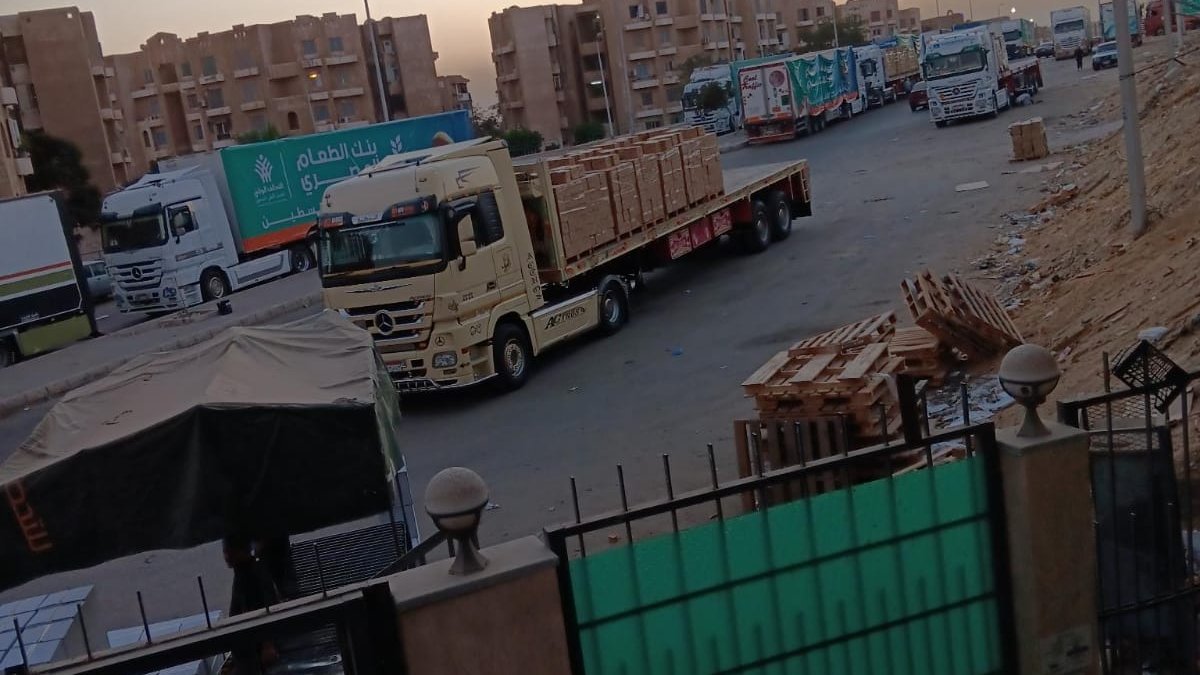
Help is not abandoning the people in Gaza: together with our local partner, we are currently planning to provide local families with hot meals. We are also supporting medical care in the Gaza Strip by providing bandages and other medical supplies.
Palestinian families who were able to flee from Gaza to Cairo are deeply distressed and severely traumatized. Help supports children in particular in coping with their traumatic experiences. At the same time, pregnant and breastfeeding women who have fled are cared for and receive newborn packages for their babies.
Over the past few months, we have worked with a partner organization to bring 8,450 food parcels across the Egyptian border to Gaza. The parcels contained food that could be prepared quickly and easily and fed a family of five for a day.
Humanitarian catastrophe in the Middle East
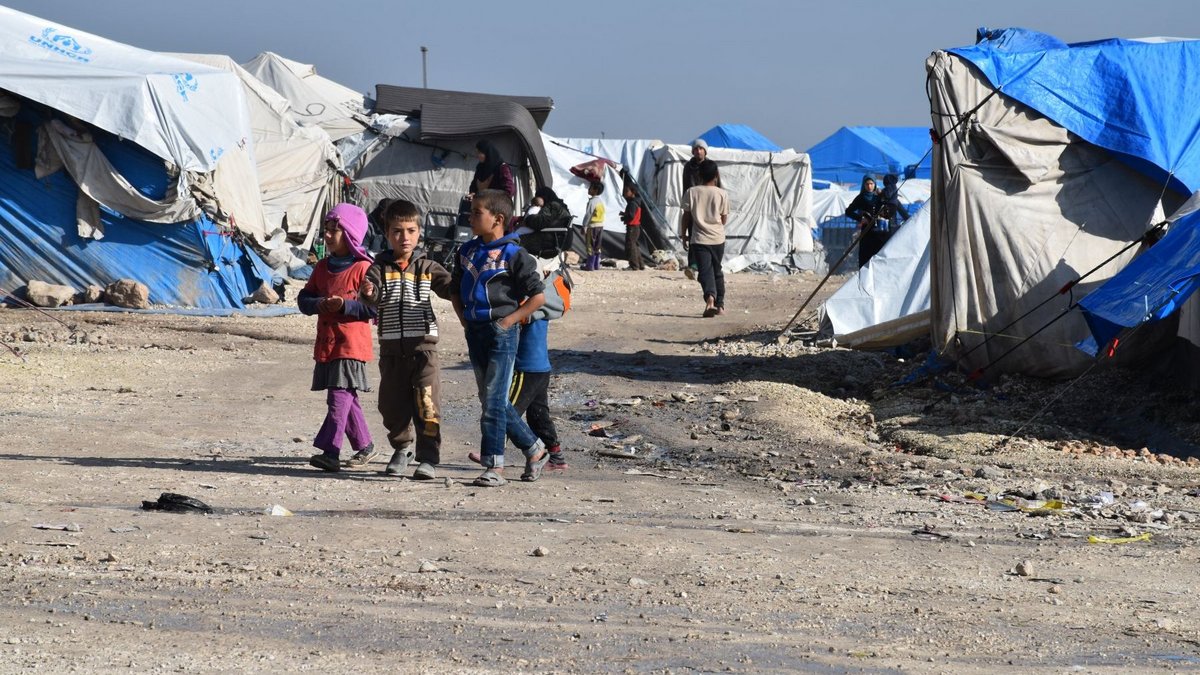
The Middle East conflict is having an impact on the entire region: fear is also growing in neighboring countries such as Syria, Lebanon and the West Bank. Violence has increased in the border regions since the conflict escalated.
In Lebanon, tens of thousands have already left their homes and are seeking refuge in the north of the country. Our teams in Lebanon and Syria are monitoring the situation and examining possible aid measures.
Help condemns violence in the Middle East
Six months after the escalation of the Middle East conflict, there is no solution in sight. Instead, the drastic humanitarian consequences of the conflict threaten to spread to the entire region.
Help – Hilfe zur Selbsthilfe condemns all violence against the civilian population in Israel and Gaza and calls on all parties to the conflict to cease hostilities and allow safe and comprehensive access for humanitarian aid organizations. "We view the humanitarian situation in the Middle East with great concern. All hostages must be released and their lives protected. The safety of the civilian population on both sides and the work of humanitarian aid workers must be guaranteed," warns Dr. Thorsten Klose-Zuber, Secretary General of Help.
Frequently asked questions
Help does not have its own office or staff on the ground in Gaza. We are currently planning a cooperation with the British partner organization "Goodwill Caravan", with whom we also cooperate in Libya.
As a result of the increasing humanitarian need in Gaza since October 2023, Help decided to start humanitarian operations and then set out in search of suitable partners on the ground.
Our local partner transports aid supplies to Gaza via land. The Egyptian border crossing at Rafah is used for entrance into Gaza.
However, aid deliveries to Gaza are still severely restricted: according to the United Nations, around 500 trucks of aid per day are needed to meet the basic needs of the people in Gaza. In March, an average of 161 trucks of aid arrived in Gaza every day.
Source: UNRWA (2 April 2024)
We are currently planning the distribution of hot meals to the most affected, marginalized and vulnerable families. To identify the beneficiaries, our partner organization "Goodwill Caravan" works closely with the shelters and community committees in the southern areas of the Gaza Strip. This collaboration ensures a reliable and informed selection process to reach the families who are in most need of our assistance.
Our partner organization works with suppliers who are already operating on the ground and have many years of experience in war zones. The provision of hot meals mainly takes place in Rafah. Our partner organization prepares, packs and delivers the meals to the distribution points in Rafah.
Currently, 2.3 million people in Gaza – 100% of the population – are at immediate risk of famine. Half of the population (1.1 million people) are in the highest level of food insecurity (IPC Phase 5) due to extreme food shortages, hunger and exhaustion of their coping strategies and are therefore affected by catastrophic hunger.
However, among all these people, there are those who are prioritised for distributions according to humanitarian standards. These include older people, people with chronic illnesses or disabilities, pregnant women and children.
Source: UNOCHA (5 April 2024)
Help is monitoring and reviewing the situation in Gaza very closely due to the volatile security situation. As Help plans and implements its aid measures in cooperation with locally established partner organizations, there are currently no Help employees on the ground. There are no plans for Help employees to be deployed to Gaza in the future. To ensure the safety of our partner organizations' employees, we offer them support in the form of advice and implementation of safety measures by our safety officer upon request. However, the responsibility for compliance with and implementation of security measures remains with the local partner organization.

